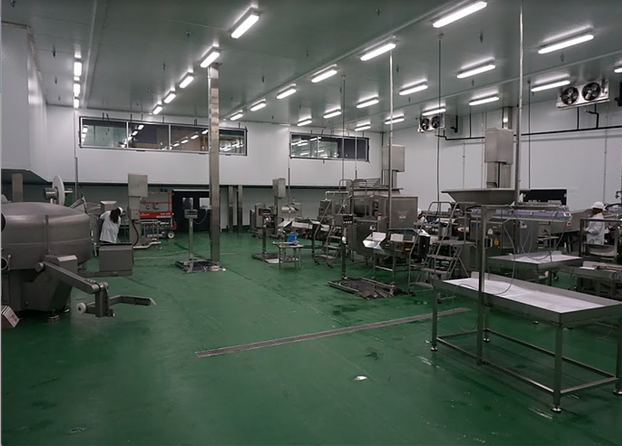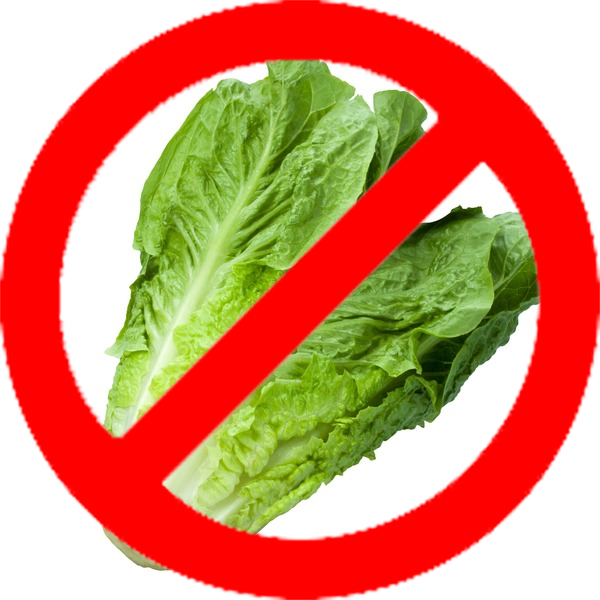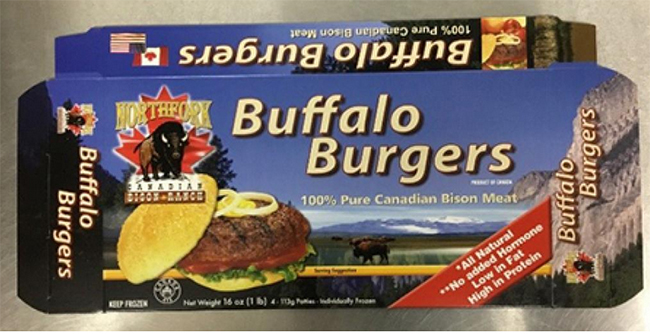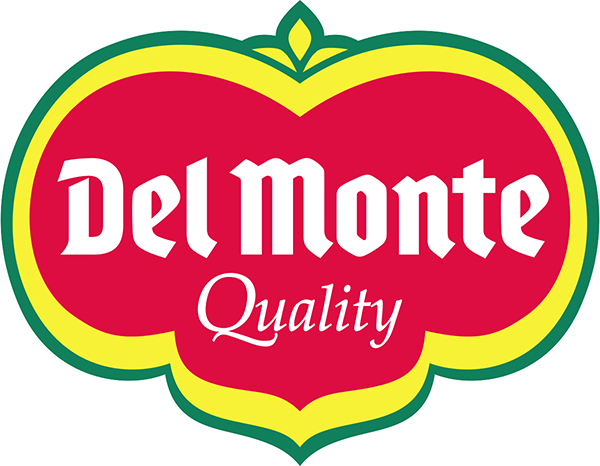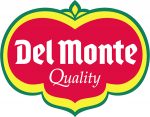Yesterday the CDC reported that the E.coli outbreak linked to romaine lettuce grown in the Salinas, CA growing region is over. The contaminated lettuce should no longer be available, and FDA states that consumers do not need to avoid romaine lettuce from Salinas. The agency will continue its investigation into the potential factors and sources that led to the outbreak.
The FDA did identify a common grower link to the E.coli O157:H7 contamination as a result of its traceback investigation. However, a statement released yesterday by FDA Deputy Commissioner for Food Policy and Response Frank Yiannas points out that “this grower does not explain all of the illnesses seen in these outbreaks.”
To be specific, the FDA, CDC and other public health agencies were tracking three outbreaks involving three separate strains of E.coli O157:H7 linked to romaine lettuce. During the course of the investigation FDA, CDC, the California Department of Food and Agriculture and the California Department of Public Health conducted sampling of the water, soil and compost of several of the fields in the lower Salinas Valley that were connected to the outbreak. “So far, sample results have come back negative for all of the three outbreak strains of E. coli O157:H7. However, we did find a strain of E. coli that is unrelated to any illnesses in a soil sample taken near a run-off point in a buffer zone between a field where product was harvested and where cattle are known to occasionally graze,” Yiannas said in the agency statement. “This could be an important clue that will be further examined as our investigation continues. However, this clue does not explain the illnesses seen in these outbreaks.”
Finding the contamination source(s) is critical, as it will aid romaine growers in putting safeguards in place to help prevent future contamination.
As for the final case count (with last illness onset on December 21, 2019) of this outbreak, there were 167 total illnesses and 85 hospitalizations across the United States. No deaths were reported.





